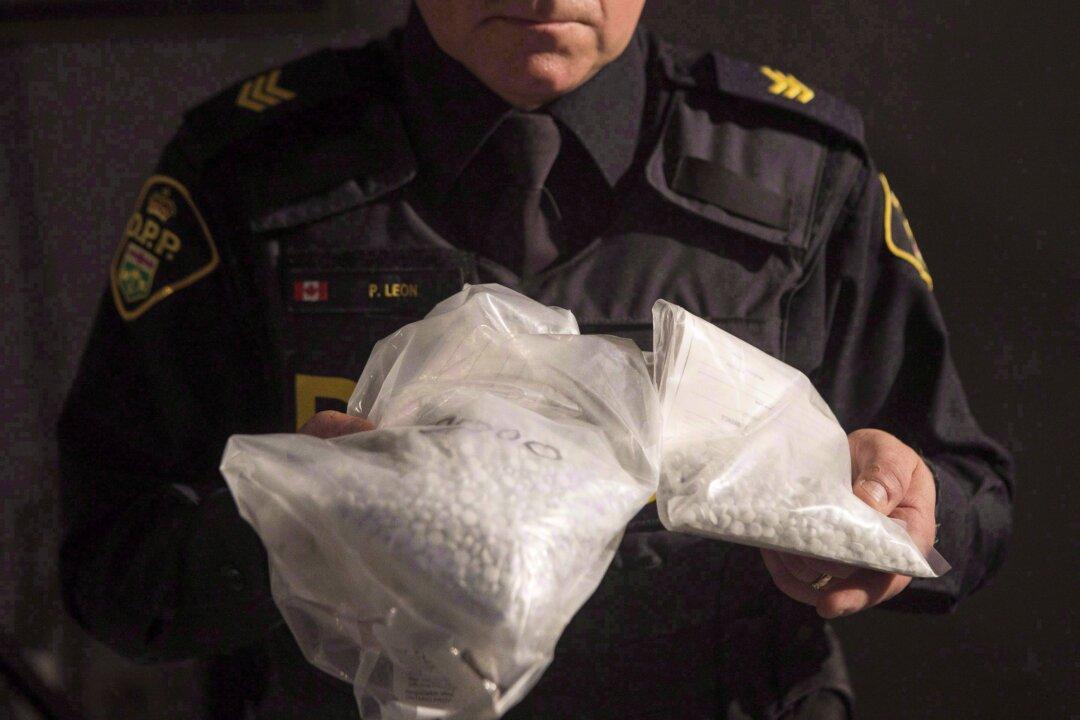Alberta Premier Jason Kenney is the latest Canadian politician to call for more action to stop the flood of opioids from China. The federal government has avoided criticizing China on the issue publicly, including before the arrest of Huawei executive Meng Wanzhou that raised the ire of Beijing.
Kenney said recently that while more needs to be done domestically, as part of tackling the opioid crisis, to help those with addictions get on the path to recovery, the federal government needs to act to “prevent the importation of opioids from China.”





